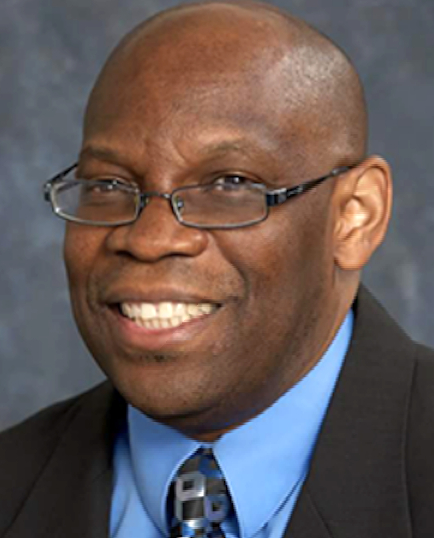On this date in 1957, Norman Robert Allen Jr. was born in Pittsburgh to Fayevern (Robinson) and Norman Allen Sr., respectively a postal employee and a legal aide, and was the oldest of three sons. According to Allen, his mother encouraged him to keep an open but skeptical mind about religion. His father was a member of the Organization of Afro-American Unity headed by Malcolm X.
Allen attended the University of Pittsburgh before serving in the Air Force for four years, then enrolling at the State University of New York at Buffalo, majoring in English. He became a “full-fledged atheist” at age 31. (Mythinformed MKE, Oct. 14, 2016)
While working for the Council for Democratic and Secular Humanism in Buffalo, he started African Americans for Humanism (AAH) to explore the ideas and work of Black deists, humanists, agnostics, freethinkers, rationalists and atheists. He was AAH’s executive director from 1991 to 2010 and edited its quarterly the AAH Examiner. He also edited “African American Humanism: An Anthology” (1991) and “The Black Humanist Experience: An Alternative to Religion” (2003).
“I was originally motivated because I understand the many ways in which religion sends out contradictory messages, thereby contributing to widespread misery,” Allen said. “While acknowledging the good that many religions do, I believe it is necessary to unsparingly critique its many weaknesses.” (Council for Secular Humanism, Feb. 26, 2005)
Allen retired from organized secular humanism in 2013 after serving as secretary of the Institute for Science and Human Values and editing its journal The Human Prospect. He kept writing a regular column titled “Reasonings” for the institute and edited other writers’ work while traveling extensively to Africa, visiting over 30 nations to promote secularism.
In 1997, single and living in Buffalo, Allen told a newspaper that “atheism remains high atop the list of Topics to Avoid on the First Date,” comparing it to a felony conviction. Black atheists have a “harder row to hoe,” he said. “Religion permeates everything in our culture. You go to an NAACP meeting, and they’ll want to pray. You can go to a secular meeting, and they want to pray. When I’m in that coercive situation, I’m not going to stand for it. I don’t hesitate to walk out.” (Buffalo News, Dec. 14, 1997)


